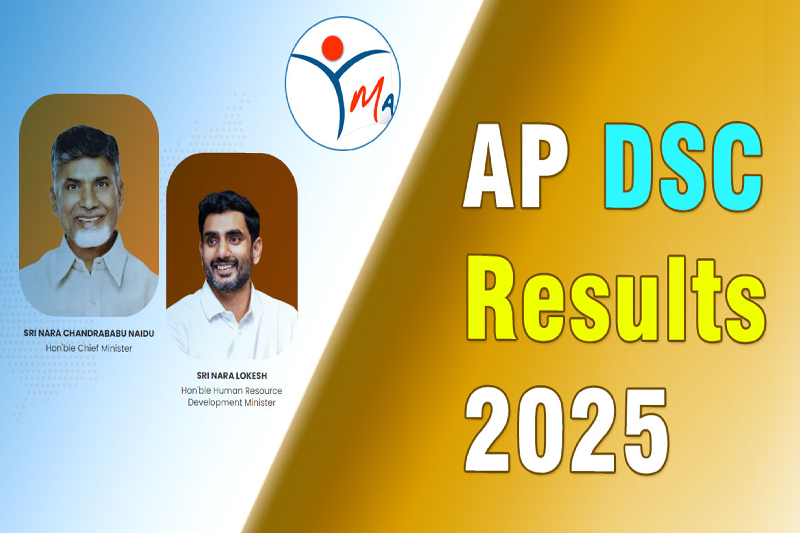
Tamil Nadu Unveils State-Specific Education Policy 2025: No Public Exams for Class 11, Focus on Bilingual Learning
In a landmark move, Tamil Nadu has become the first state in India to introduce its education policy, marking a clear departure from the Centre’s National Education Policy (NEP) 2020. The Tamil Nadu State School Education Policy (SEP) 2025, released by Chief Minister M.K. Stalin on August 9, 2025, is rooted in social justice, linguistic pride, and progressive learning principles.
The policy, framed on the recommendations of a 14-member panel headed by retired Chief Justice of the Delhi High Court, D. Murugesan, aims to create a future-ready generation of students who are academically capable, creative, technologically adept, and physically active.
Key Reform: No Public Examination for Class 11
One of the most notable provisions in the new policy is the scrapping of the public examination for Class 11 students. This marks a significant change in Tamil Nadu’s school assessment structure. The state government believes this decision will reduce unnecessary academic pressure on students and allow them to focus on holistic development during a crucial transitional year.
Instead of board-style evaluations, Class 11 students will be assessed through internal examinations and continuous evaluation methods, which will focus on understanding, creativity, and analytical skills rather than rote memorisation.
Firm Stand on Bilingual Education: Tamil and English
Chief Minister Stalin reaffirmed the state’s commitment to bilingual education, giving equal importance to Tamil and English. Tamil will remain the primary medium of instruction, preserving the state’s linguistic and cultural identity, while English will be promoted as a global communication tool.
“Mother tongue Tamil is our identity, our pride. Our firm will stand by the bilingual policy of Tamil and English. And I reaffirm this,” said Stalin during the launch event at the Anna Centenary Library in Chennai.
This decision is a clear response to the NEP’s three-language formula, which the Tamil Nadu government views as a veiled attempt to impose Hindi. The state is sending a strong message about its cultural autonomy by maintaining its two-language policy.
Student-Centric and Future-Oriented Approach
The Tamil Nadu SEP 2025 is designed to move away from rote learning and memorisation towards a system that encourages inquiry, creativity, and critical thinking. Chief Minister Stalin emphasised that the policy is “deep-rooted in progressive ideals” and aims to create students who can “think and ask questions” rather than simply recite information.
Some of the core objectives include:
- Encouraging technological literacy among students from early grades.
- Developing creativity and problem-solving abilities.
- Integrating life skills and physical activities into the curriculum to promote overall well-being.
- Preparing students for future challenges in higher education, employment, and entrepreneurship.
Recognition for High-Achieving Students
At the launch event, CM Stalin also honoured meritorious government school students who secured admissions to prestigious higher education institutions. They were presented with certificates of appreciation and laptops as part of the state’s initiative to bridge the digital divide and reward academic excellence.
Deputy Chief Minister Udhayanidhi Stalin, School Education Minister Anbil Mahesh Poyyamozhi, and senior government officials attended the event, underscoring the state's importance to education reforms.
A Progressive Alternative to NEP 2020
The Tamil Nadu government has consistently opposed the National Education Policy 2020, arguing that it fails to align with the state’s socio-cultural and linguistic realities. CM Stalin described the NEP as being against the principles of social justice and as an attempt to dilute the state’s bilingual approach in favour of a uniform language policy.
Tamil Nadu has taken a decisive step towards protecting its educational autonomy by formulating its policy. The SEP 2025 reflects the state’s unique priorities—emphasising inclusivity, local language pride, and student-friendly assessment systems—while equipping students for global competitiveness.
Panel Recommendations and Development Process
The policy is based on the work of a 14-member expert committee led by Justice D. Murugesan. Over several months, the panel conducted consultations with educators, policy analysts, parents, and student representatives to ensure it reflected ground realities and future needs.
Key recommendations from the panel included:
- Removal of public exams for Class 11.
- Reinforcement of the bilingual Tamil-English policy.
- Curriculum redesign to focus on conceptual understanding, innovation, and applied knowledge.
- Integration of sports and physical activities as essential components of education.
Looking Ahead: Implementation and Impact
The Tamil Nadu SEP 2025 will now be implemented across the state’s government and private schools in a phased manner. Education officials have indicated that the rollout will be accompanied by:
- Teacher training programs to equip educators for the new learning model.
- Development of updated textbooks and digital learning tools in Tamil and English.
- Infrastructure improvements in government schools to support technological learning and physical education.
- Continuous monitoring to evaluate the policy’s effectiveness and make data-driven adjustments.
If implemented effectively, the policy could reshape Tamil Nadu’s education system into a model that balances academic rigour with emotional well-being, cultural identity, and global readiness.
Conclusion
Tamil Nadu’s State School Education Policy 2025 is more than just an alternative to the NEP—it is a bold statement of the state’s vision for its students. By removing high-pressure board exams in Class 11, reinforcing bilingual education, and focusing on creativity and technology, the policy aims to produce well-rounded, confident, and forward-thinking individuals.
As the first state in India to announce a fully independent education policy, Tamil Nadu is setting a precedent that other states may follow. Whether this model will influence national education debates remains to be seen. Still, one thing is sure—the state has taken a decisive step towards shaping an education system that reflects its values and aspirations.



